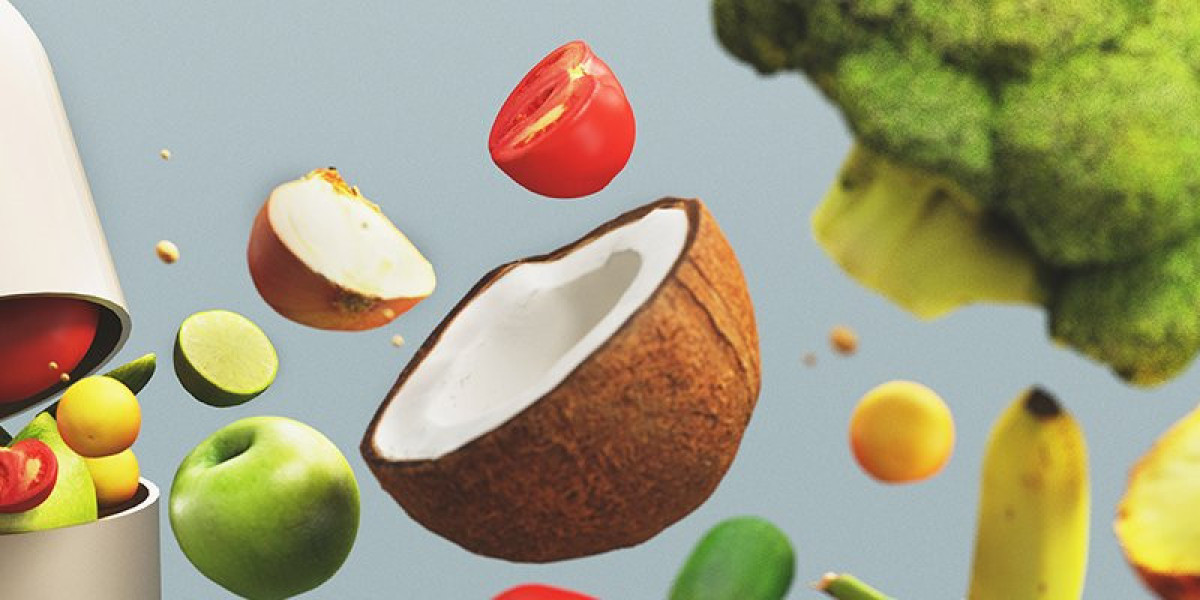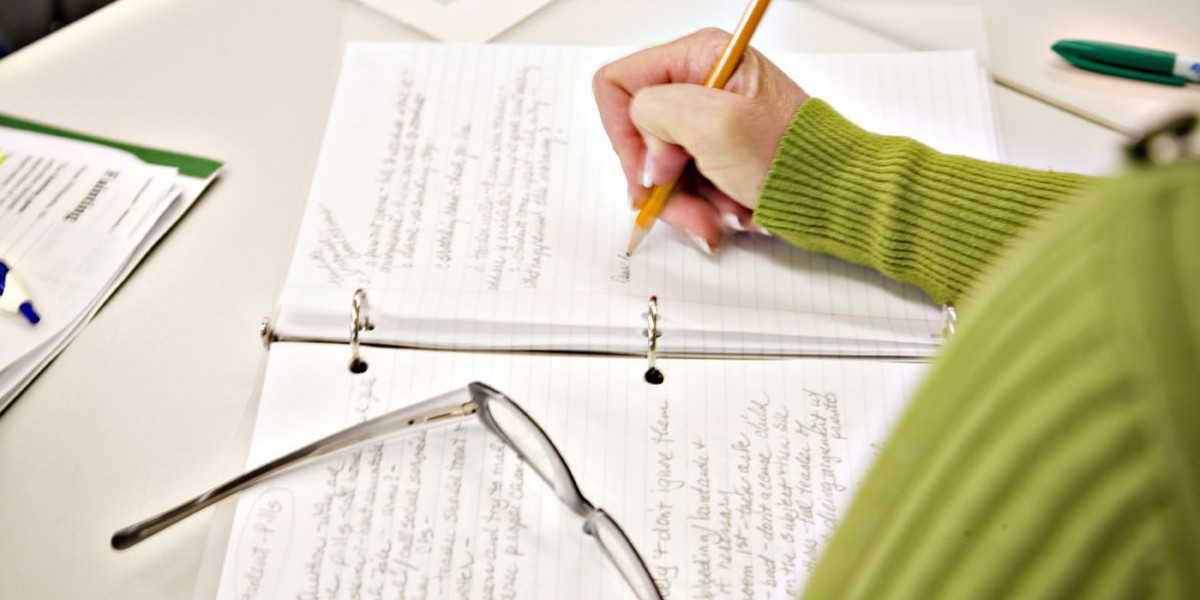In our daily lives, we often consume medications and foods without thinking twice about how they might interact. But certain combinations can lead to unexpected and sometimes dangerous results. When we talk about “drop food drug” effects, we're referring to how food and medications can interfere with each other, potentially reducing effectiveness or causing side effects. This general discussion explores how food and drug interactions work and why being informed is essential.
What Does “Drop Food Drug” Mean?
The phrase “drop food drug” isn't commonly used in medical terminology, but in this context, it can describe how certain foods may drop the effectiveness of a drug or cause unwanted changes in how a drug works in the body. Conversely, some drugs can also reduce the absorption or benefit of nutrients in the food you eat.
How Food Affects Drugs
Food can impact drug absorption in several ways:
1. Delaying Absorption
Some foods slow down how quickly a drug is absorbed into your system. For instance, high-fat meals may delay the onset of certain medications.
2. Blocking Absorption
Certain ingredients in food can bind with medications in the stomach and intestines, making them less effective. For example, calcium in dairy can interfere with antibiotics like tetracycline.
3. Enhancing Absorption
Some foods may actually help drugs work better. A high-fat meal might increase absorption of fat-soluble drugs, making them more potent.
Common Food and Drug Interactions
Here are a few well-known interactions to keep in mind:
Grapefruit juice: Can dangerously increase levels of some blood pressure and cholesterol medications.
Dairy products: May interfere with antibiotics like ciprofloxacin.
Leafy greens: High in vitamin K, they can reduce the effectiveness of blood thinners like warfarin.
Alcohol: Can amplify the side effects of many medications, including sedatives and painkillers.
Tyramine-rich foods (cheese, cured meats): Dangerous when combined with MAO inhibitors (a type of antidepressant), leading to a sudden spike in blood pressure.
Why It Matters
Unwanted interactions between food and drugs can lead to:
Reduced effectiveness of medication
Dangerous side effects
Nutritional deficiencies
Hospital visits due to adverse reactions
It’s especially important for people with chronic illnesses who rely on long-term medication. Mismanaging food intake could directly impact health outcomes.
Real-Life Impacts of Drug-Food Interference
Imagine taking a medication for anxiety that becomes less effective due to your diet. Or consider someone relying on medication to manage blood pressure, but they unknowingly cancel out the effects with their meal choices. These scenarios show how critical it is to pay attention to interactions.
Even bodily responses such as sexual function may be affected by these interactions. Some medications or poor food-drug combinations can lead to reduced libido or physical issues. Ever wondered what does a boner feel like? For many men, the answer becomes less relevant when interactions between medications and meals lead to complications in achieving or maintaining an erection—demonstrating how wide-reaching these effects can be.
How to Stay Safe
Here are some tips to manage and avoid harmful food-drug interactions:
1. Read Labels and Instructions Carefully
Pay attention to whether a medication should be taken on an empty stomach or with food.
2. Consult Your Doctor or Pharmacist
Always ask about potential food restrictions when being prescribed a new drug.
3. Keep a Medication List
If you take multiple medications, maintain a list and bring it to appointments to ensure there are no conflicting dietary recommendations.
4. Avoid Mixing Alcohol
Unless your doctor gives the green light, it’s best to steer clear of alcohol when on medication.
5. Watch Out for Herbal Supplements
Some herbs and teas, like St. John’s Wort, can alter how your body processes drugs.
Final Thoughts
Food and medication are both essential to our well-being, but when they interact improperly, the results can be harmful. Understanding the “drop food drug” effect—where food reduces or alters the performance of a medication—is crucial to maintaining optimal health.
Be aware, stay informed, and don't hesitate to ask your healthcare provider questions. By making smart choices and being mindful of what you eat while on medication, you can protect yourself from unexpected side effects and ensure your treatments work as intended.





